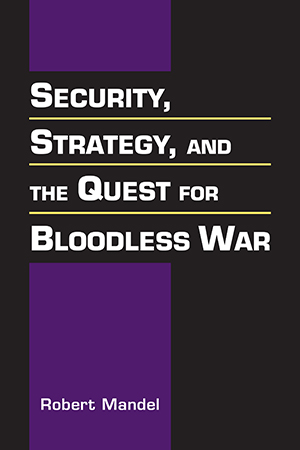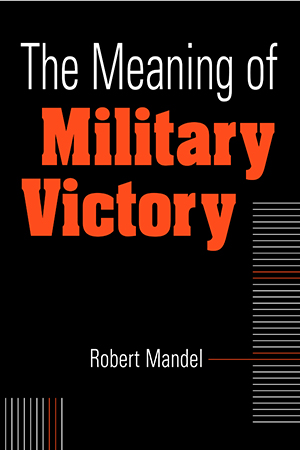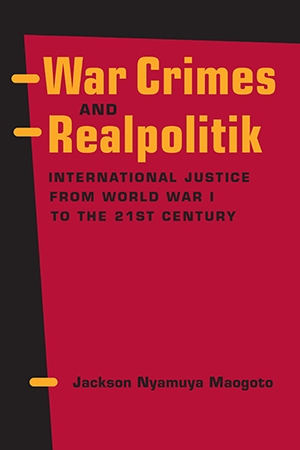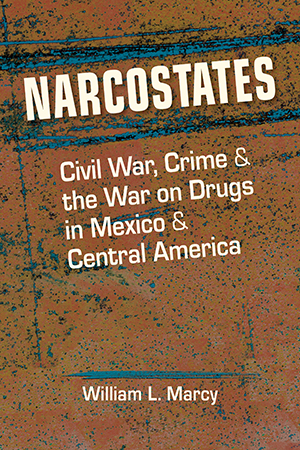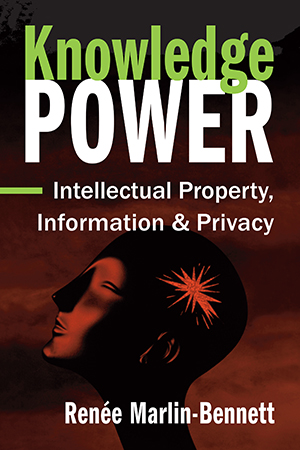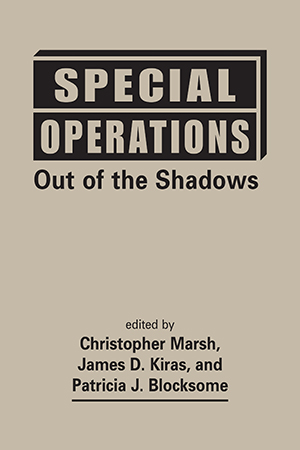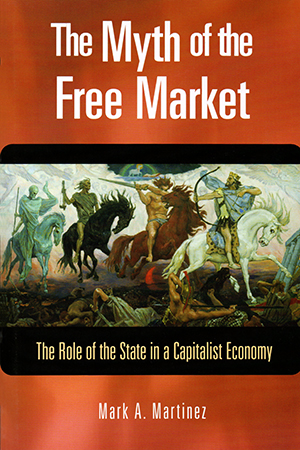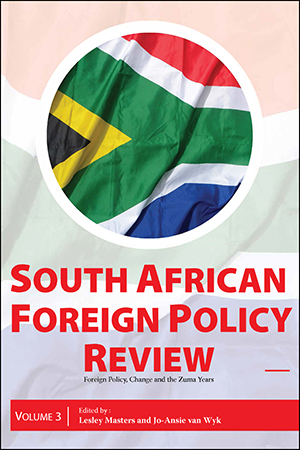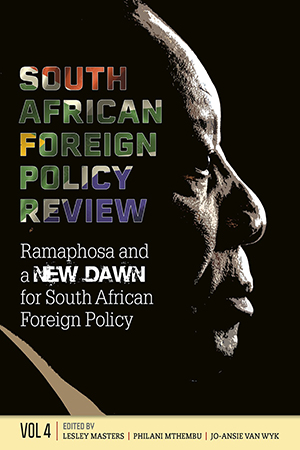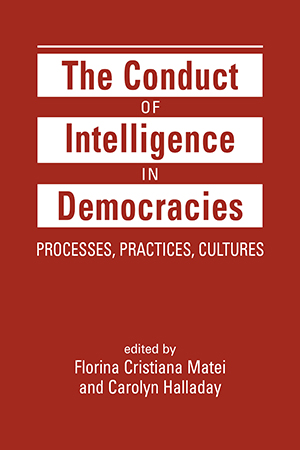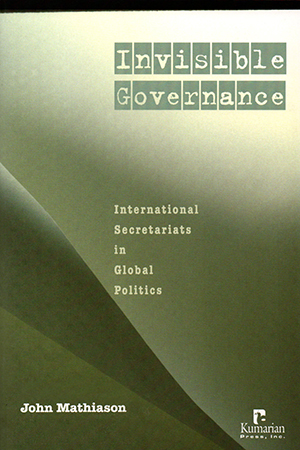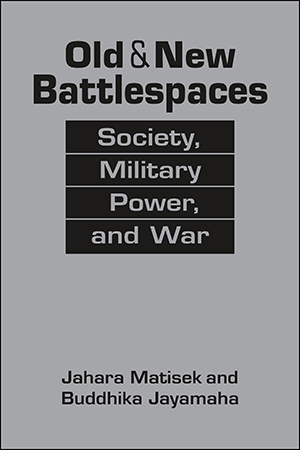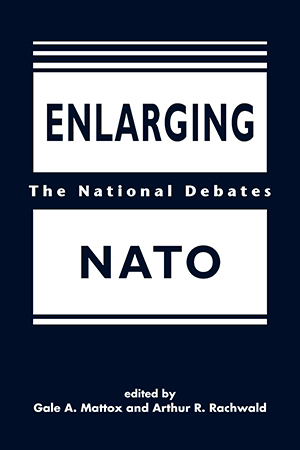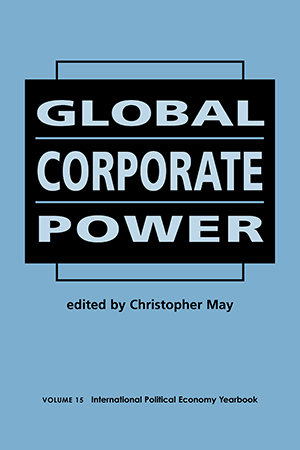International Relations (all books)
In recent decades, government and military officials alike have pushed increasingly in the direction of "bloodless wars," where confrontations are undertaken—and ultimately More >
How has the concept of victory evolved as the nature of conflict itself has changed across time, circumstance, and culture? And to what end? Robert Mandel addresses these questions, More >
From the very early stages in the development of international law, the nature of the state-centric international system has dictated that law play second fiddle to the hard realities of More >
How did Mexico and Central America become a lawless corridor for conveying narcotics into the United States? How did the drug cartels rise to power, succeeding in institutionalizing the More >
Knowledge Power introduces the interconnected roles of intellectual property, information, and privacy and explores the evolution of the domestic and international rules that govern More >
Why have special operations forces become a key strategic tool in the conduct of modern warfare? How do these specially trained and equipped elite units function? What types of missions do More >
Mark Martinez reveals how the myth of the "invisible hand" has distorted our understanding of the development and actual performance of modern capitalist markets. Martinez draws More >
Spanning the Mbeki and Zuma administrations, this volume of South African Foreign Policy Review explores questions of continuity and change. Among the topics covered are the roles of the More >
This latest volume of South African Foreign Policy Review assesses South Africa's foreign policy during the presidency of Cyril Ramaphosa. Focusing on such themes as foreign policy More >
What are the role and place of secret services and covert operations in democratic settings? How do states balance the need for both secrecy and openness? What are the challenges to creating More >
John Mathiason, a member of the UN Secretariat for 25 years, offers a behind-the-scenes view of the work of a core, but often "invisible," element of world politics. Drawing on More >
War is changing. The cybersphere, civil society, outer space ... all are emerging as domains in which battles are fought. What drives this shift? How is it affecting the character and More >
Thoroughly examining the deliberations over NATO enlargement in twelve countries—five current members of the alliance; three invited to join in the first round of enlargement; two More >
With intellectual property widely acknowledged today as a key component of economic development, those accused of stealing knowledge and information are also charged with undermining More >
Exploring the diverse ways that corporations affect the practices and structures of the global political economy, this innovative work addresses three fundamental questions: How can the More >



